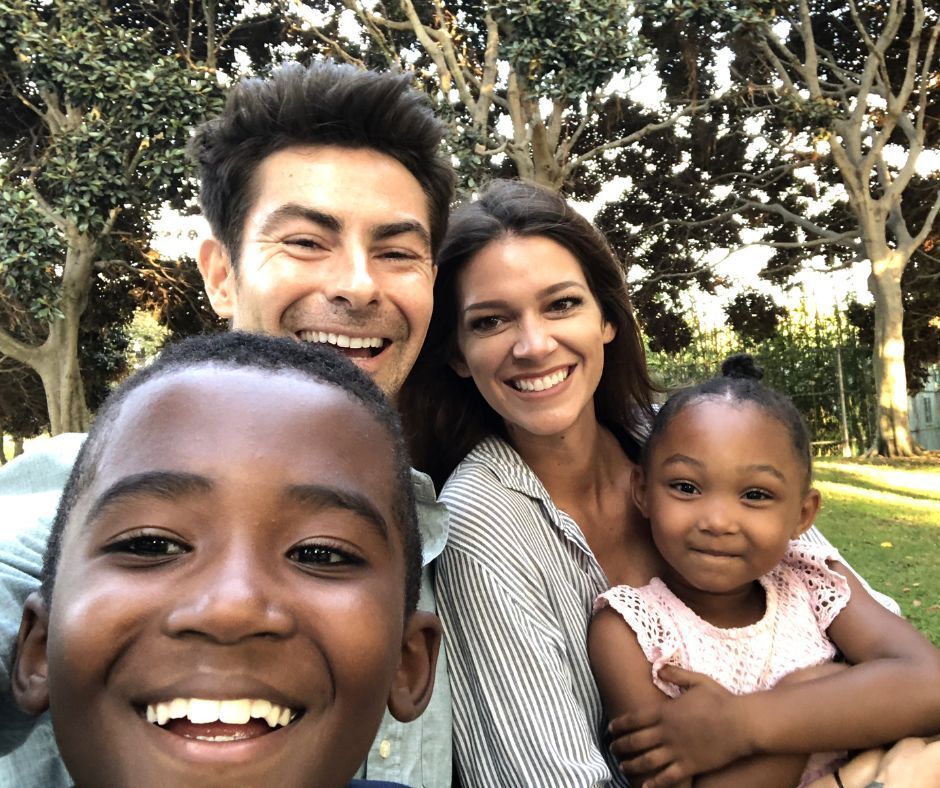“When will I get a brother who actually plays with me?” my daughter asked one afternoon, her voice casual but her meaning anything but. “What do you mean?” I asked gently. She replied, “You know, one who doesn’t get so crazy and can help me with stuff.”
She was only five, but she was already picking up on something the adults were just beginning to acknowledge: her older brother struggled in ways most kids didn’t. She understood, even then, that their roles were reversed. Though younger, she often acted like the big sister—soothing him during meltdowns, redirecting him when he got overwhelmed, and carefully tiptoeing around his sensitivities.
In hindsight, we expected far too much of her. She was mature, perceptive, and easy to rely on. At two, she could keep a secret if she knew it would protect her brother’s peace. That’s far beyond what’s developmentally typical, but in our house, it felt necessary.
In families with children who have developmental, emotional, or behavioral challenges, attention naturally gravitates toward the child who struggles the loudest. And in the wings stands another child, quieter, more adaptable—often trying not to make waves.













